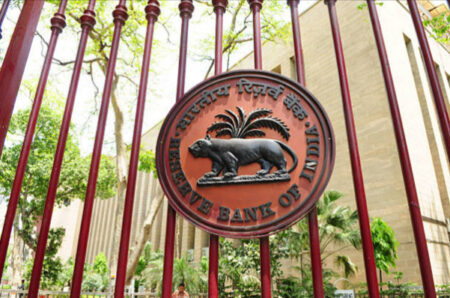After the tanking of Paytm’s IPO, India has increased the scrutiny of IPO-bound companies by questioning how their key internal business metrics are used to arrive at the valuation.
Paytm’s $2.5 billion IPO, listed in November had tanked soon after listing. Its IPO price was way too high compared to their financial results, thereby leading to a trading flop-show. Analysts called its valuation inflated and unrealistic.
2021 brought in a new wave of start-ups going public. Before 2021, none had and now as many as eight have launched their IPOs. SEBI proposed tougher disclosures last month, expressing its concern regarding several new-age tech firms filing for IPOs.
The proposal had stated how the disclosure of accounting ratios like the price-to-earnings ratio was not sufficient. SEBI has asked start-ups to get their financial metrics, and key performance indicators audited and explain and justify their valuation. His proposal was open to the public for comments until 5th March 2022.
KPI could be the number of downloads; these metrics are difficult to audit and make it tough to justify a company’s valuation, which is why this proposal was tabled.
There has been widespread concern among companies, bankers, and lawyers as the scrutiny continues. Many stakeholders have reservations about SEBI’s proposal. As per sources, Investment bankers from Kotak Mahindra as well as the Bank of Of America have expressed concern over such scrutiny.
Delayed listings of IPO
Market regulators have already asked several companies to get their metrics audited. Start-ups like Delhivery and Oyo, which were supposed to go public, have delayed their listing due to heavy scrutiny of IPO listening by the Regulators.
This move by SEBI, although it sounds alright but can lead to an increase in compliance costs for companies.
Published By: Apoorva Wakodikar
Edited By: Subbuthai Padma













